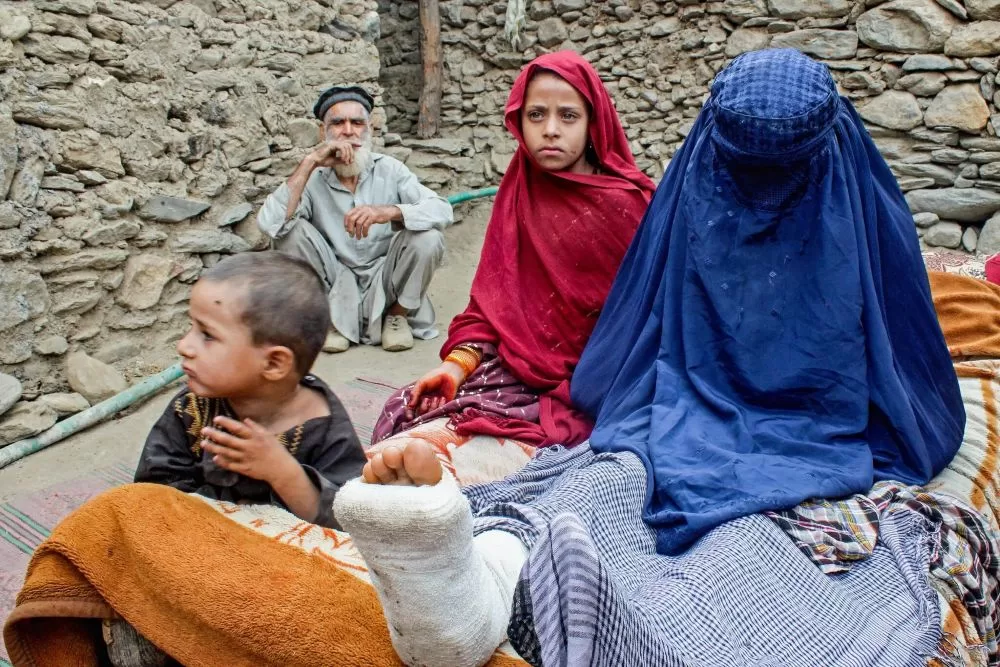
UNITED NATIONS, September 5 (WSH) — More than 11,000 pregnant women require immediate medical support following the 31 August earthquake that devastated eastern Afghanistan, according to the UN Population Fund (UNFPA).
The quake, followed by several aftershocks, struck the provinces of Nangarhar, Kunar, Laghman, and Nuristan, leaving communities isolated by collapsed roads and widespread destruction. Within hours, UNFPA deployed emergency response teams to deliver maternal and reproductive healthcare, as well as protection services for women and girls.
Emergency Teams on the Ground
Four mobile health units, equipped with supplies and ambulances, have been dispatched to reach remote villages where access remains severely limited. UNFPA has also distributed reproductive health kits to support thousands of safe deliveries in hospitals and health centres. Essential hygiene items—including menstrual health supplies, soap, and disinfectant—have been provided to women and girls in urgent need.
“UNFPA is on the ground, delivering lifesaving support and calling for a comprehensive humanitarian response that meets the needs of women, girls and other vulnerable communities,” said UNFPA Executive Director Diene Keita. “Our priority is to stand with women and girls and support their swift recovery.”
Maternal Health Under Threat
Afghanistan already carries one of the highest maternal mortality rates in Asia-Pacific, making pregnancy particularly high-risk even under normal conditions. The earthquake has further compounded the dangers for thousands of expectant mothers.
“For pregnant women, a natural disaster can turn an already challenging time into a life-threatening crisis,” warned Kwabena Asante-Ntiamoah, UNFPA’s Representative in Afghanistan. “We are on the ground, delivering essential care to ensure safe deliveries and prevent further loss of life.”
Continuing Support
Beyond emergency care, UNFPA continues to sustain 20 local health clinics, family health centres, and psychosocial support facilities in the affected provinces, ensuring access to critical services during recovery.




